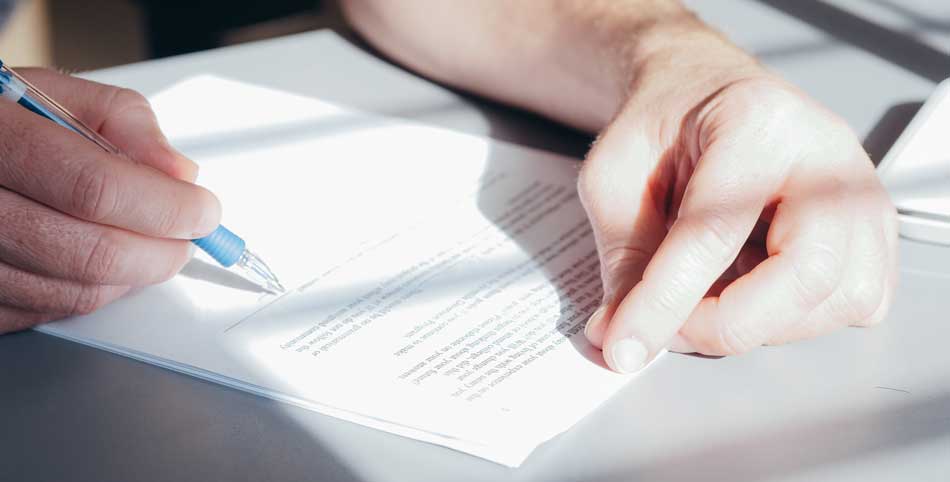
Closing costs are an integral part of any real estate transaction, and they can significantly impact the financial considerations for both buyers and sellers. In Florida, the exact amount of closing costs can vary depending on various factors. In this guide, we will break down each closing cost as it relates to both the buyer’s and seller’s side, helping you understand what to expect when closing a real estate deal in the Sunshine State.
Buyer’s Side Closing Costs:
- Loan Origination & Points: A loan origination cost, often referred to as an origination fee, is a charge imposed by a lender to cover the administrative expenses associated with processing a mortgage loan application. This fee typically includes costs such as underwriting, document preparation, and other services involved in the loan origination process. Points, on the other hand, are an optional upfront payment made by the borrower to the lender at the time of closing. Each point represents 1% of the total loan amount and can be used to lower the interest rate on the mortgage. Paying points can lead to a lower monthly mortgage payment over the life of the loan, but it requires an initial upfront cost.
- Appraisal Fee: An appraisal fee is a cost incurred by the buyer when purchasing a house, typically paid at the time of the mortgage application or closing. This fee covers the expense of a professional appraiser who assesses the property’s market value. The appraiser conducts a thorough evaluation of the home’s condition, size, features, and compares it to similar properties in the area to determine its fair market value.
- Credit Report Fee: A credit report fee, incurred when buying a house, is a cost associated with obtaining a credit report from a credit bureau. Lenders require this report to assess the creditworthiness of the prospective homebuyer. The fee typically ranges from $25 to $50 and covers the expense of obtaining the credit report, which details the buyer’s credit history, outstanding debts, and credit score.
- Title Search Fee: A title search fee, incurred when buying a house, covers the cost of conducting a thorough investigation into the property’s ownership history and legal status. This process is crucial to ensure that the property has a clear title, free from any outstanding liens, disputes, or legal issues that could affect the new owner’s rights to the property. The fee typically ranges from $200 to $400 and is an essential step in the homebuying process to protect the buyer’s investment and secure their ownership rights.
- Survey Fee: If the property’s boundaries are in question or a recent survey isn’t available, buyers may need to pay for a surveyor’s services, which can range from $300 to $600.
- Settlement Fee: A settlement fee, incurred when buying a house, covers the cost of a settlement agent’s services in facilitating the closing of a real estate transaction. The settlement agent plays a crucial role in ensuring that all necessary documents are prepared, reviewed, and executed correctly during the closing process. They also oversee the disbursement of funds between the buyer, seller, and any third parties involved in the transaction. The settlement fee typically ranges from $300 to $500 and is a standard part of the closing costs.
- Prorated Property Taxes, HOA Dues: Buyers are responsible for their share of prorated property taxes and homeowner association (HOA) dues, calculated based on the closing date.
- Attorney’s Fees: Although not always required, and not typically used in Florida residential real estate transactions, hiring an attorney for legal guidance during the transaction can incur additional costs of $500 to $1,500.
- Home Inspection: While optional, a home inspection is highly recommended and can cost around $300 to $500. This inspection helps uncover potential issues with the property.
Seller’s Closing Costs:
- Real Estate Commissions: A real estate commission fee, when selling a house, is a percentage-based fee that is typically paid to the real estate agents involved in the transaction. These agents, representing both the seller and the buyer, work to market the property, find potential buyers, negotiate offers, and guide the sale through the closing process. The commission fee is usually calculated as a percentage of the final sale price of the property and is shared between the listing agent (representing the seller) and the buyer’s agent. In most cases, the total commission is around 5% to 6% of the sale price, with each agent receiving a portion.
- Title Search Fee: Just like the buyer, sellers are responsible for a title search fee to ensure a clear title for the property.
- Owner’s Title Insurance: An owner’s title insurance policy, when selling a house, is an optional insurance policy purchased by the property seller to protect their interests in the event of unexpected title issues arising after the sale. Unlike lender’s title insurance, which is typically required by the mortgage lender, owner’s title insurance is voluntary. This policy provides financial protection to the seller against potential legal challenges or claims related to the property’s title, such as undisclosed liens, boundary disputes, or errors in the title search process.
- Transfer Tax: A transfer tax, when selling a house in Florida, is a state or local tax imposed on the transfer of real property from the seller to the buyer. The tax is typically calculated based on the sale price or assessed property value and is paid at the time of closing.
- Prorated Property Taxes, HOA Dues: Sellers must reimburse the buyer for their share of prorated property taxes and HOA dues up to the closing date.
- Attorney’s Fees: Sellers may choose to have an attorney represent them when selling a home, and if they do there will typically be an associated cost of $500 – $1,500.
Understanding Closing Costs in Florida
How much are closing costs in Florida can vary significantly, so it’s crucial to be prepared for these expenses when buying or selling a property. Both buyers and sellers should carefully review their estimated closing costs with their real estate agent and lender to ensure they are financially prepared for the closing day.
Understanding the breakdown of these costs allows for informed financial decisions and smoother navigation of the Florida real estate market. Whether you’re a buyer or seller, working with experienced professionals can also help streamline the process and minimize unexpected expenses. So, when it comes to closing costs in Florida, knowledge is key to a successful real estate transaction.
